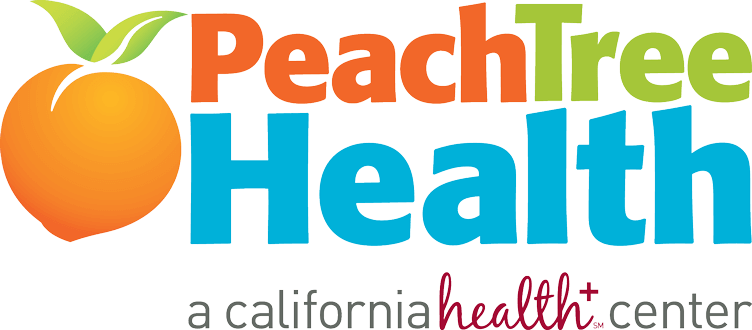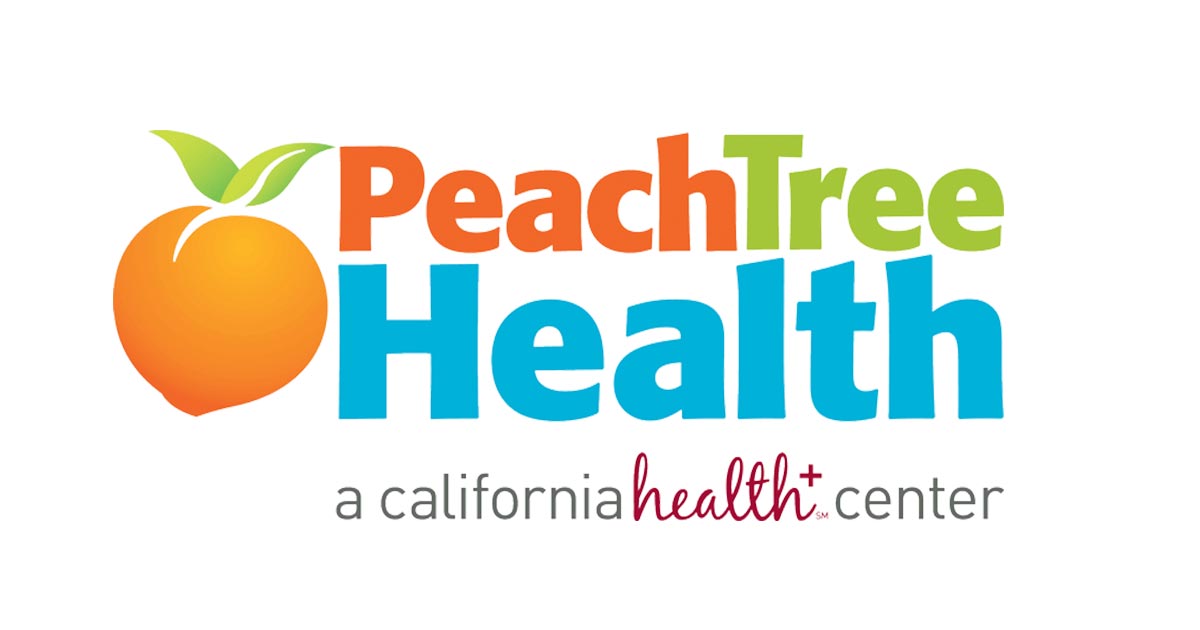Healthcare Reform and Northern California Health Centers
In Sacramento County, the number of Federally Qualified Health Center (FQHC) facilities increased from 10 to 29 facilities in the last eight years, according to the U.S. Health Resources and Services Administration.
The growth in FQHCs extended affordable and comprehensive care to a significant portion of the area’s indigent and low-income population, but a looming repeal of Obamacare threatens to remove funding from these facilities.
Leaders of local FQHCs remain optimistic that they will weather the changes and uncertainty that may come with Congress repealing or tweaking the ACA. They acknowledge, however, that losing a significant source of funding would inevitably alter operations at their health centers.
“We’re basically a break-even operation,” said Greg Stone, CEO of Peach Tree Health, which operates FQHCs in Midtown and North Sacramento. “That means a 5-to-10 percent swing (in revenues) is a big deal.”
FQHCs receive the bulk of their revenue through annual federal grants and Medicaid and Medicare reimbursements. While FQHCs have been around for decades, the ACA set aside additional grants for the health centers and increased the number of Medicaid recipients nationwide that rely on them. Federal grant funding for FQHCs more than doubled from $2.1 billion in 2008 to $5.1 billion in 2016, according to the Congressional Research Service. As a result, the number of FQHCs nationwide expanded from 6,200 to 9,500.
The increase in FQHCs has been most notable in states such as California that embraced the Medicaid expansion. From January 2011 to January 2017, the number of enrollees in Medi-Cal — California’s Medicaid program —increased from about 7.5 million to about 13.5 million.
On average, federal grants make up 20 percent of an FQHC’s annual revenue, according to the Congressional Research Service. These grants are used for overhead and operational costs. Repealing Obamacare could immediately jeopardize funding for these grants, putting FQHCs — which are nonprofits by law — in peril.
Some FQHCs in the Sacramento area have been able to avoid relying as heavily on federal grants, which makes them less susceptible to federal cutbacks in grant funding. Peach Tree, which also operates in Yuba, Sutter and Butte counties, brought in $13.8 million in revenue in 2015, but only $1.3 million came from federal grants. Nevertheless, the prospect of losing this funding is unsettling for Peach Tree CEO Stone.
Cutting funding for the Medicaid expansion under Obamacare is the other threat to FQHC revenues, though these reductions would take effect over a span of years. The Senate repeal-and-replace bill first introduced last month, for example, would have rolled back the Medicaid expansion under Obamacare between 2020 and 2024 and enacted deeper cuts after 2025.
Reductions in Medicaid, according to WellSpace Health CEO Jonathan Porteus, “would be dramatic if it happened immediately — but it’s not happening immediately.”
Medicaid reimbursements make up 42 percent of revenues at FQHCs nationwide, according to the Congressional Research Service. But Porteus said he is confident that his and other FQHC networks in the area will be able to continue delivering quality care — even in the face of federal cuts to Medicaid.
His faith, in part, resides in state and local governments continuing to support FQHCs.
“If you have a community such as Sacramento that’s committed to providing this kind of care, we’ll be able to weather this storm,” Porteus said.
Stone echoed Porteus’ optimism, but acknowledged that reductions in Medicaid reimbursements may cause FQHCs to scale back some of the services they could offer as a result of the ACA.
“Our ongoing challenge (will be to) see more patients with less in reimbursements,” said Stone.
Stone said the uncertainty created by the health care debate in Congress has raised other unexpected challenges for running his health center, such as securing loans from banks.
“My banks no longer feel like (FQHCs are) a good long-term investment,” he said.
Multiple loan agreements have recently fallen through, mainly for leasing space to open new medical centers. In one instance, he said, a bank balked when Peach Tree went to purchase a building to open a new medical center, even though the health center had more than enough capital to finance the project.
“There’s this cloud hanging over us from all the indecision and rhetoric,” Stone said.
Read more of Peach Tree CEO Greg Stone’s blogs and news here.

